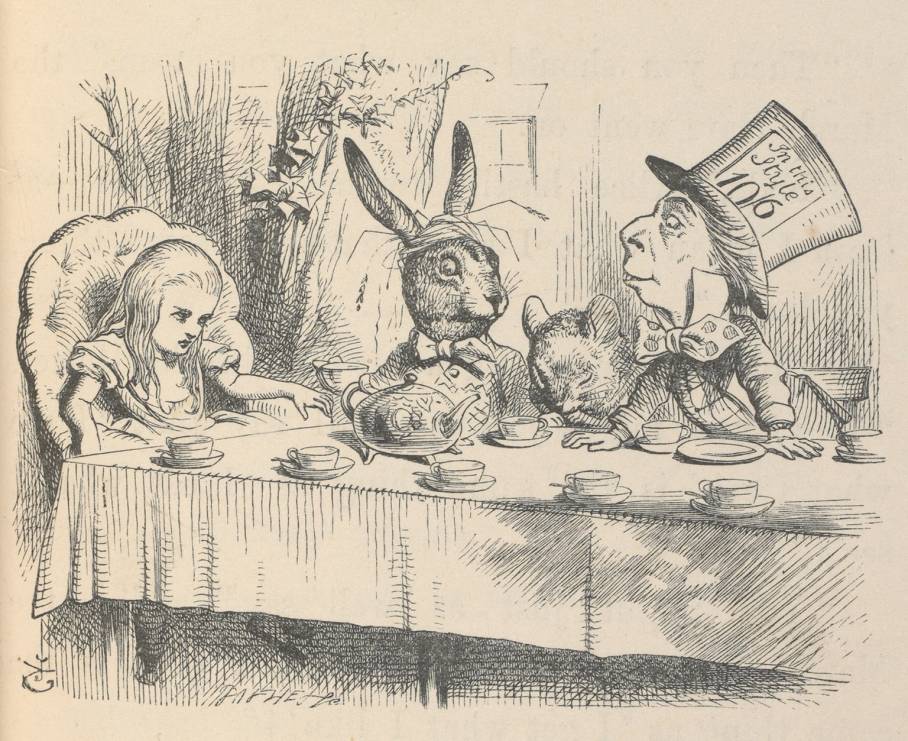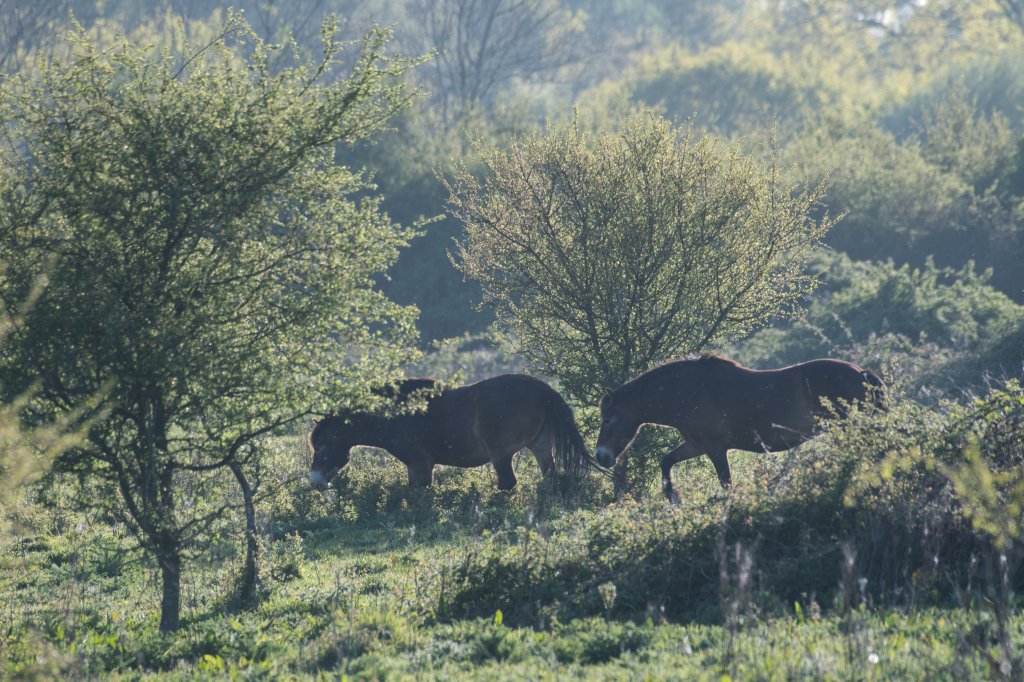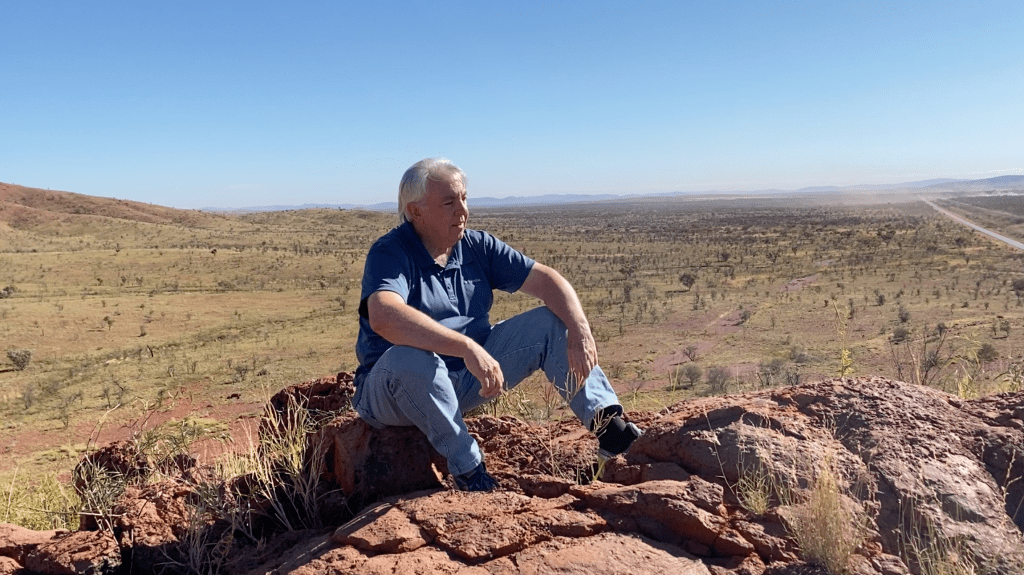It is in that first moment, when we are threatened by the vastness and the mystery, when we find God. He is active throughout the process, but he is never more real to us than in the place of desperate impossibility, when we feel there is no way to do what he has sent us to do. Like the children we are, we cry out. If bravado moves us to the threshold, it is prayer alone that carries us into the house. The nothingness of starting something new, I would come to believe, is the essence of discipleship.
It is in that first moment, when we are threatened by the vastness and the mystery, when we find God. He is active throughout the process, but he is never more real to us than in the place of desperate impossibility, when we feel there is no way to do what he has sent us to do. Like the children we are, we cry out. If bravado moves us to the threshold, it is prayer alone that carries us into the house. The nothingness of starting something new, I would come to believe, is the essence of discipleship.
Sanders, Brian. Underground Church (Exponential Series) (p. 28). Zondervan. Kindle Edition.
I attended a function in the weekend that was organised to provide information about The Neighbourhood Hub. The idea was based on a 10-year-old experiment carried out in Florida called the Underground Church and is focussed on the establishment of a network of microchurches.
The function was well attended which immediately indicated that it hit a nerve in relation to how people view the church today, and their desire to see something new in the way we establish and grow churches into the future.
Check out my observations of the day on my YouTube channel. Oh, and by the way, if you subscribe to my channel you can keep up with future newscasts. There are more in the can, as they say in the industry!!

I am delighted to see creativity in the way we think about church, and I have observed that such creativity is occurring around the world. It’s been happening for a while, but I sense there is a greater maturity in this exploration of fresh expressions of church now than was evident in the Emerging Church movement a decade or so back.
One of the questions that arises is how you describe the church. It’s probably been the view of many in the past that the existence of the sacraments is what marks a church, as opposed to a ministry or a programme. Brian Sanders of the Underground Church talks about church as being the intersection of three circles, worship, mission and community.

Others have suggested it is about relationships. Essentially it is the same three areas, a relationship with God, relationships within the Body, and a relationship with the wider community, all focussed upon Jesus.
I love this conversation and the willingness there is to explore what church should really be like and how we can move into the future. I believe that COVID-19 has accelerated some of this discussion, but I can’t help thinking that we were having the same conversations 30 years ago.

In fact I remember reading this copy of Time magazine in my school library in 1971 (that’s more than 30 years ago) and being excited that all of a sudden my Christian faith was now “cool”. I devoured everything about the Jesus revolution and it was probably that sense of excitement in a movement focussed around Jesus that led me to eventually becoming a pastor. Somehow, like many before us, we’ve been disillusioned by Jesus movements, then we got bogged down in running organisations. Perhaps we need to be reminded of the words that were repeated many times in the last book of the Bible: Anyone with ears to hear must listen to the Spirit and understand what he is saying to the churches.





